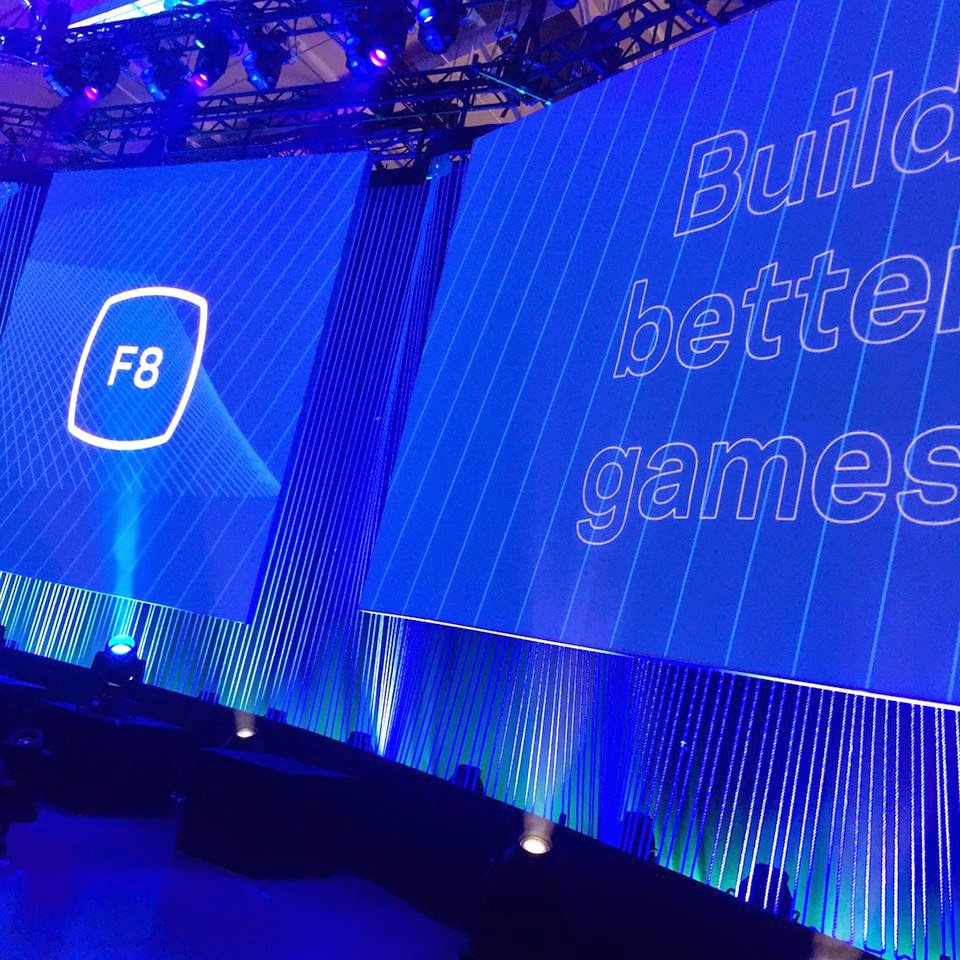Facebook Quietly Launches Ads API for ALL Developers
Some amazing things have been announced at Facebook’s annual developer conference, F8, going on yesterday and today in San Francisco. From new apps for Facebook Messenger, to a platform for Internet of Things, to one of the most amazing explanations of the value of virtual reality I’ve ever seen, Facebook has by far made up […]
Read more...No Known Solutions In Sight for Copyright Issues or Monetization for Facebook Video
At Facebook’s now annual F8 developers conference, 2 issues seemed to be on the mind of developers and content creators in the audience of their “What’s New With Facebook Video” session: copyright infringement and in-video monetization. But when asked about it, Facebook seemed mute. Among the features launched at Facebook F8 this year was the […]
Read more...How to Protect Your Online Social Media Presence Using Facebook Business Manager
Facebook’s recently released Business Manager is a God-send for any social media manager or strategist or even security department desiring to manage multiple Facebook Page admins among dozens (to even hundreds or thousands) of Facebook Pages and Ad accounts. With just a few clicks you can know exactly who has access to your Facebook Pages […]
Read more...How to Optimize Your Facebook Ads for Event Conversions on Eventbrite
In preparation for my upcoming webinar on Facebook ads, I felt I would be a hypocrite if I did not use some of the strategies I’m teaching in the webinar on my own event for the webinar. In searching Google, I couldn’t find any good solution listed, but I did figure out a way to […]
Read more...Are YOU a Social Asset to Your Company? Are Your Employees?
One of the things I talk about in Google+ Marketing For Dummies is the importance of getting your employees and brand loyalists involved in social media. This is something I’m seeing has more and more importance with the emergence of Google Authorship and the affect a public profile on Facebook has for individuals. The truth […]
Read more...The Future of Local News WILL Disrupt Facebook
I am often asked, “will Facebook ever go the way of MySpace?” The truth is Facebook has been very good, like it or not, at not looking at current users’ needs, but instead anticipating the needs of future users, therefore fixing the Innovator’s Dilemma and ensuring their survival. There is one thing Facebook is overlooking […]
Read more...The Fight for #Conversation – Will There be a Migration From Twitter?
There’s no doubt that Facebook launching hashtags is a big thing, especially for marketers, but I think for users too. Now you can add a simple keyword prefaced by a pound sign (#) to any post or comment and immediately let others click and see the entire conversation around that particular keyword. This is really […]
Read more...How to View the Stream of Any Facebook Hashtag
Yesterday Facebook announced that they were finally launching the support of hashtags, a format currently supported on Twitter and Google+. This means any time you include a pound sign (#) followed by a keyword of any sort (try #throughglass for a fun view), it will turn into a link in your Facebook status update or […]
Read more...Why do I Think Marketers That Don’t Embrace Google+ Will be Out of Business in a Year?
(Want to skip all this and get the courses right now? Go to http://www.pluralsight-training.net/microsoft/TwitterOffer and sign up now!)As I mentioned earlier on Google+ (where you’ll always hear tech news first from me!), I recently just finished a course on Pluralsight all about how you or your friends can embrace Google+ better for your business or clients (you […]
Read more...